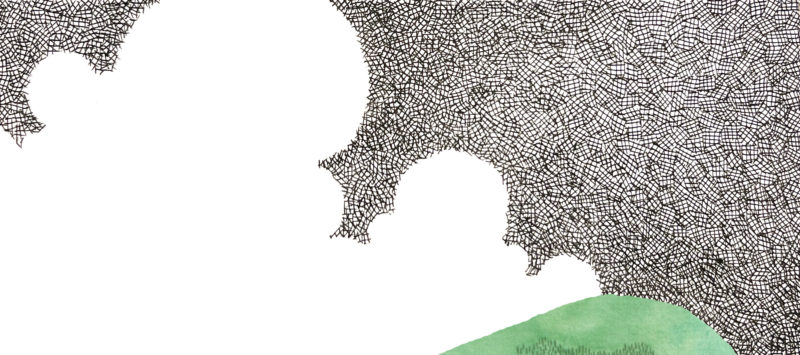Climbing for ten li, over the white cloud-dusted hill,
then, I came down to a small road leading to a village.
The golden waves of the barley field greeted me on both sides of the road.
That day, when I came over the hill and entered my village
a Sapsal dog barked at me, the colts, the foals, and the goats
all ran away. Even the field buntings and pigeons fled from me.
Before three days, I met them all at the meadows and became friends.
The girls I grew up with, some ran away to the city to make money,
some are married and gone to live in distant villages.
The child in the village, whose son he is, I know no longer.
When the time comes to leave, the colt, the foal, and the goats let me know,
how sad they are, it will be difficult to go over the hill…. After I am gone,
the town clerk, donned in a white summer hat will come have
a makguli with the head of the village at the tavern by the mountain.
Sad to leave my hometown, I will close my eyes and lean against the train window,
which will be heading to Seoul. So the day when I go over the hill,
no one will follow me but the worn out trunk and the white clouds.
Hill
Climbing for ten li, over the white cloud-dusted hill, / then, I came down to a small road leading to a village.

Illustration by Anne Le Guern